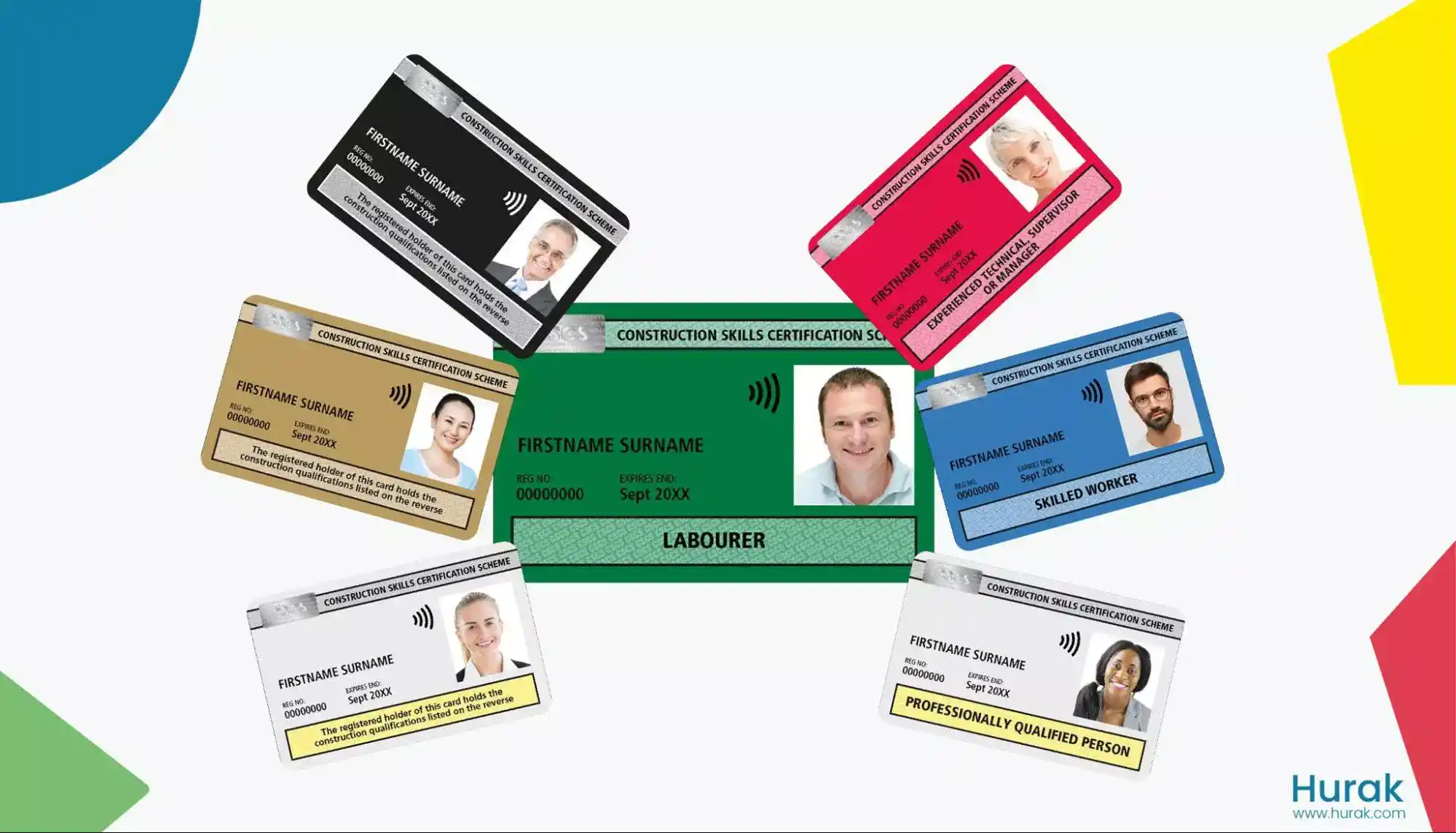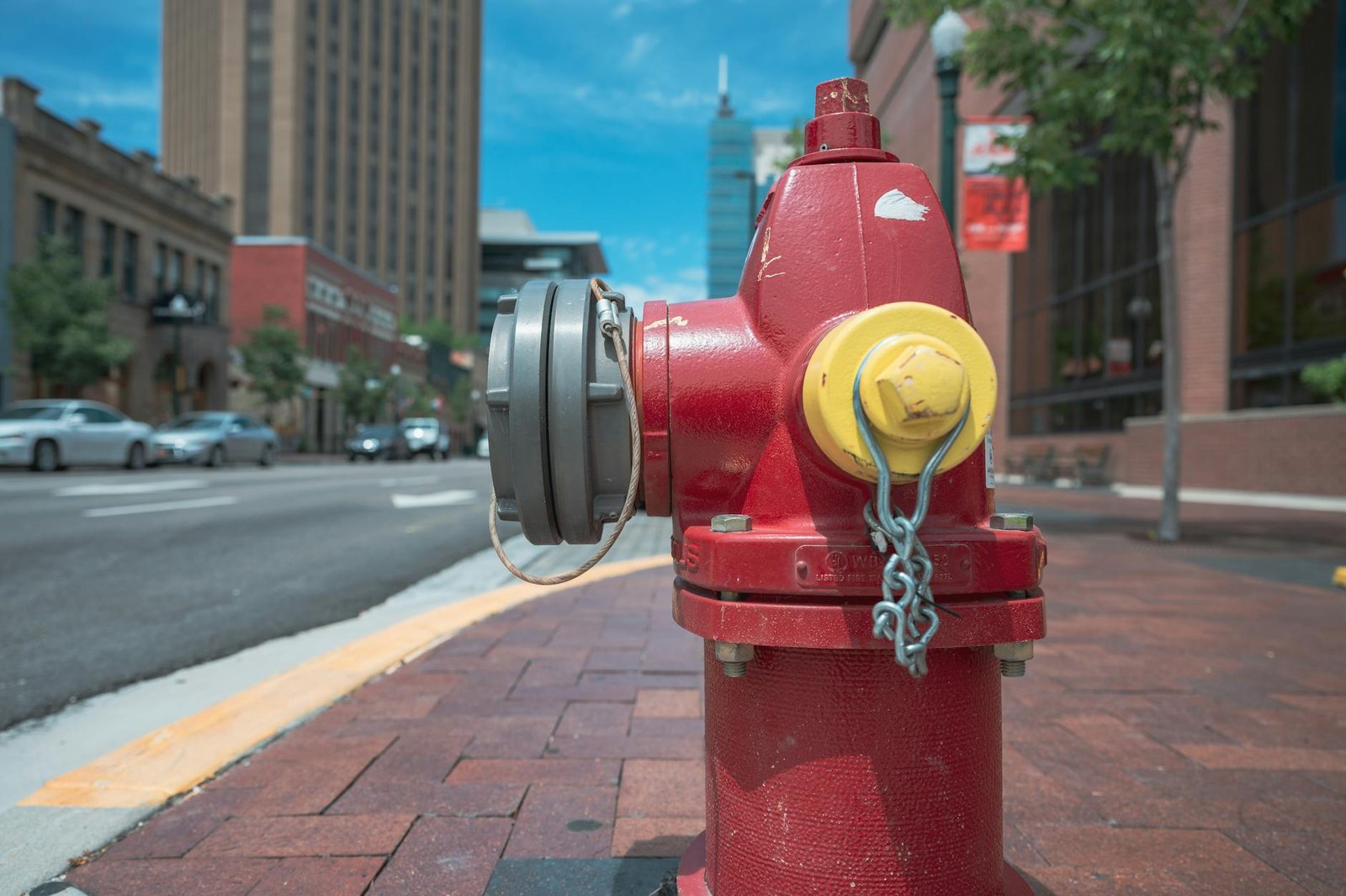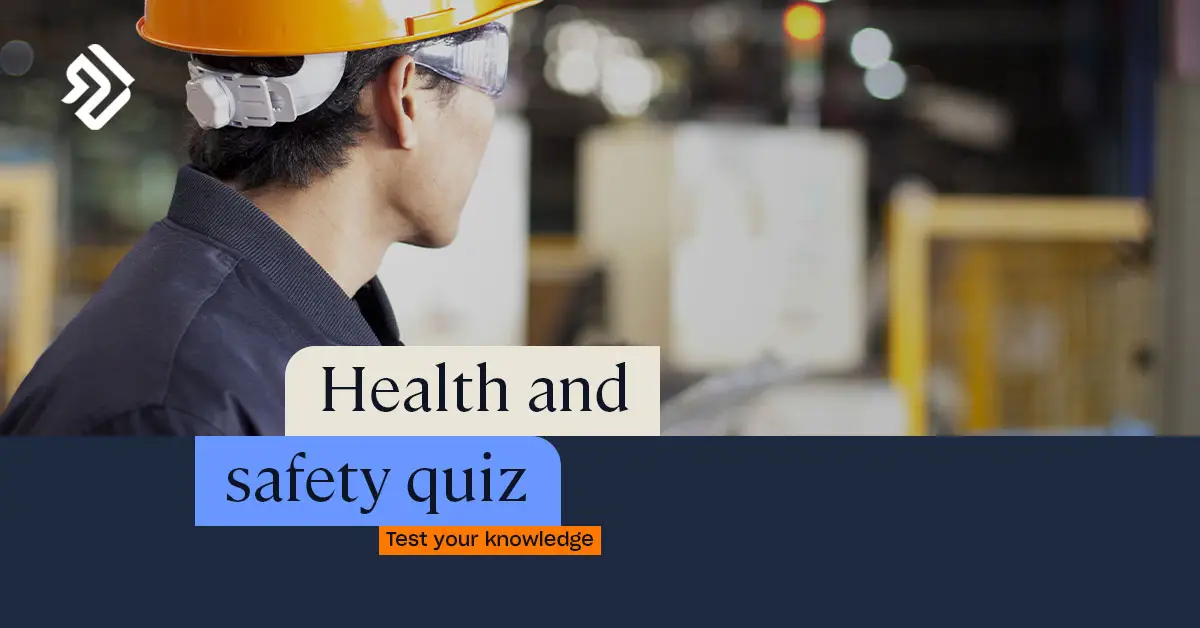Introduction
The construction industry is constantly evolving, with new technologies and techniques emerging at a rapid pace. As a professional in this field, it’s essential to stay up-to-date with the latest developments and demonstrate your competence in health and safety. This is where a CSCS card comes in – it’s essentially a certification that confirms you have the necessary knowledge and skills to work on construction sites safely.
Obtaining a CSCS card can seem daunting, but with the right guidance, it can be a straightforward process. This comprehensive guide will walk you through all the necessary steps, from determining which type of card you need to book your test and completing the application process. By following this guide, you’ll be able to obtain your CSCS card quickly and efficiently, without any unnecessary stress.
Once you have your CSCS card, you’ll be able to demonstrate your competence in health and safety to potential employers, opening doors to a world of enhanced employment opportunities. Whether you’re a seasoned professional or just starting out in the construction industry, a CSCS card is a valuable asset that can help you take your career to the next level.
Understanding the CSCS Card
1. What is a CSCS Card?
A CSCS card serves as proof that an individual has the necessary qualifications and competence to work on construction sites. It acts as a standardized certification system for the construction industry, verifying the skills and knowledge of workers in various trades and occupations. The card provides valuable information such as the holder’s qualifications, endorsements, and health and safety knowledge.
There are different types and levels of CSCS cards available, each tailored to specific job roles and levels of experience. These include the Green Card for construction site operatives, Blue Card for skilled workers, Gold Card for highly skilled workers, and Black Card for managers and professionals. Understanding the different options available will help you choose the most suitable card for your trade or occupation.
2. Why is a CSCS Card Important?
The importance of a CSCS card cannot be overstated in the construction industry. It serves as a reliable indicator of an individual’s understanding of health and safety practices, ensuring a safer working environment for all. Many contractors, employers, and clients require workers to possess a valid CSCS card before they can hire them, making it a crucial asset for professionals looking to secure relevant employment opportunities.
By holding a CSCS card, you gain a competitive edge over others in the industry. It showcases your commitment to maintaining high standards of health and safety, ultimately enhancing your employability prospects. With a CSCS card, you position yourself for a successful and rewarding construction career.
3. Are You Eligible for a CSCS Card?
Before embarking on the journey to obtain a CSCS card, it’s crucial to ensure you meet the eligibility criteria. The specific requirements vary based on the type of card you’re applying for, but some common factors include possessing relevant qualifications, meeting industry standards, and having a good understanding of health and safety practices.
It’s important to invest time in gaining the necessary qualifications and fulfilling the requirements set by the Construction Skills Certification Scheme. By doing so, you lay a solid foundation for a successful CSCS card application and increase the likelihood of obtaining the card efficiently.
Choosing the Right CSCS Card

1. Identifying the Suitable CSCS Card for Your Trade or Occupation
Choosing the right CSCS card is essential to ensure that it aligns with your trade or occupation. The card you select should accurately reflect your skills, experience, and level of expertise in the construction industry. By choosing a card that is closely related to your trade, you increase your chances of obtaining relevant employment opportunities.
For example, if you work as a bricklayer, the Blue Card for skilled workers in that trade would be the most suitable option. On the other hand, if you’re a site supervisor or manager, the Black Card would be the appropriate choice. It’s important to research and explore the different CSCS cards available for your specific role to make an informed decision.
2. CSCS Health, Safety, and Environment Tests
To secure a CSCS card, you must pass the health, safety, and environment test. This test assesses your knowledge of health and safety practices in the context of the construction industry. It covers various topics such as hazard identification, risk assessment, emergency procedures, and legal responsibilities.
Preparing for the test is crucial to ensure success. Familiarize yourself with the test format, which includes multiple-choice questions, and utilize available resources such as revision materials and practice tests. By adequately preparing for the test, you increase your confidence and maximize your chances of passing.
3. Required Documentation and Evidence
When applying for a CSCS card, you must compile the necessary documents and evidence to support your application. These may include proof of identity, qualifications, and any additional endorsements or certifications relevant to your trade.
Gather all the required documents and ensure they are accurate and up to date. This may involve obtaining copies of certifications, academic transcripts, or proof of completing industry-specific training courses. By being organized and thorough in gathering the required documentation, you streamline the application process and avoid delays.
Applying for a CSCS Card

1. Online Application Process
Applying for a CSCS card online is the most convenient and efficient method. The process involves visiting the official CSCS website and creating an account. Once registered, you can select the appropriate card type for your trade or occupation and proceed with the application.
The online application process typically involves entering personal information, uploading the required documentation, and making the necessary payment. This streamlined process ensures that your application reaches the relevant authorities promptly, expediting the overall timeline for receiving your CSCS card.
2. Postal Application Process
Alternatively, you can choose to submit your CSCS card application via mail. This method requires printing the application form from the CSCS website, completing it accurately, and mailing it along with the necessary documents to the designated address.
While the postal application process may take longer compared to the online method, it remains a viable option for those who prefer physical documentation or face challenges with online applications. Make sure to allow ample time for processing and delivery when choosing this option.
3. Processing Time and Card Delivery
The processing time for a CSCS card application varies depending on various factors, including the type of card and the method of application. Generally, the online application process tends to have a faster turnaround time.
After the application is approved, the CSCS card will be delivered to your specified address. The expected timeframe for card delivery may also vary, but it typically ranges from a few days to a few weeks. Make sure to provide accurate contact information to ensure smooth delivery.
Conclusion
In summary, obtaining a CSCS card is a vital step toward enhancing your construction career. By following the outlined steps in this practical guide, you can navigate the process with ease and efficiency. Remember, a CSCS card not only demonstrates your commitment to health and safety but also opens doors to a world of enhanced employment opportunities. Take action today and invest in your construction career by obtaining a CSCS card.
Frequently Asked Questions (FAQs)
1. Can I apply for a CSCS card without any construction experience?
Yes, you can still apply for a CSCS card even if you do not have prior construction experience. The CSCS card system recognizes that individuals may be entering the construction industry from other fields or at entry-level positions. In such cases, you may be eligible for a CSCS card based on other qualifications, training courses, or certifications that are relevant to your intended trade or occupation.
2. What should I do if my application for a CSCS card is rejected?
If your application for a CSCS card is rejected, don’t panic. Take the time to carefully review the reasons provided for the rejection. It could be due to incomplete documentation, discrepancies in information, or missing qualifications. Address the specific issues highlighted and rectify them accordingly. You may need to provide additional documents, clarify information, or seek further guidance. Once the necessary adjustments are made, you can reapply confidently with a higher chance of success.
3. Is the CSCS card valid for a lifetime or does it expire?
CSCS cards do not have a lifetime validity. They typically have an expiry date printed on them, indicating when the card will become invalid. The validity period varies depending on the type of card and the qualifications held. To maintain a valid CSCS card, individuals are required to renew their card before it expires. The renewal process involves demonstrating that you have maintained and updated your qualifications, endorsements, and health and safety knowledge. Make sure to stay updated with the renewal process to ensure uninterrupted access to valuable employment opportunities in the construction industry.












